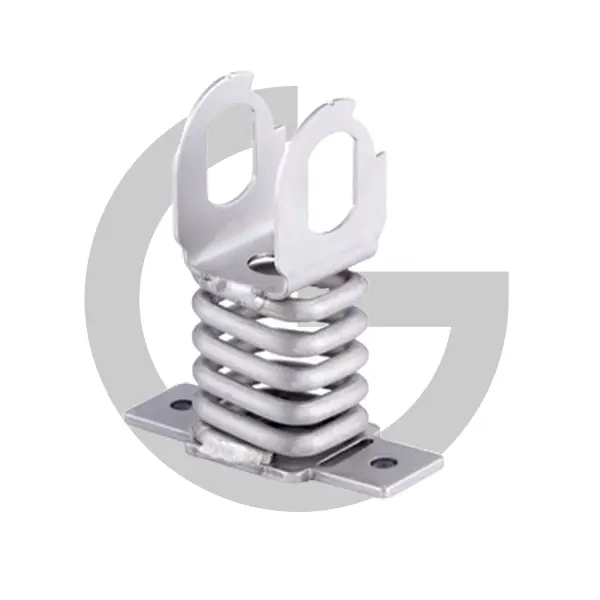Certificates
ISO 9001
ISO 9001 is an international standard for quality management systems (QMS) maintained by the International Organization for Standardization (ISO). It is part of the broader ISO 9000 family of standards, which address various aspects of quality management.
Download our ISO-9001 certificates
Key Aspects of ISO 9001:
- Customer Focus: Understanding and meeting customer needs and striving to exceed their expectations.
- Leadership: Establishing a clear vision and direction for the organization.
- Engagement of People: Ensuring that all employees are competent, empowered, and engaged in delivering value.
- Process Approach: Managing activities and resources as processes to achieve desired results more efficiently.
- Improvement: Continuously improving the QMS through objective measurement and analysis.
- Evidence-Based Decision Making: Using data and information to make informed decisions.
- Relationship Management: Maintaining relationships with interested parties, such as suppliers, to optimize performance.
Structure of ISO 9001:
ISO 9001:2015, the latest version of the standard, is organized into several sections, including:
- Context of the Organization: Understanding the internal and external factors that can affect the QMS.
- Leadership: Establishing a quality policy and ensuring responsibilities and authorities are assigned and communicated.
- Planning: Addressing risks and opportunities, setting quality objectives, and planning changes.
- Support: Managing resources, including people, infrastructure, and work environment, and ensuring competence and awareness.
- Operation: Managing operations, from product/service planning and design to production and delivery.
- Performance Evaluation: Monitoring, measuring, analyzing, and evaluating the performance of the QMS.
- Improvement: Identifying and acting on opportunities for improvement.
Benefits of ISO 9001:
- Enhanced Customer Satisfaction: By consistently meeting customer requirements.
- Improved Operational Efficiency: Through streamlined processes and a focus on continual improvement.
- Better Risk Management: By identifying and addressing risks and opportunities.
- Greater Employee Engagement: Through involvement and empowerment.
- Market Competitiveness: Being certified to ISO 9001 can be a differentiator in the marketplace.
Certification:
Organizations can choose to be certified to ISO 9001 by undergoing an audit conducted by an independent certification body. Certification demonstrates that the organization’s QMS meets the requirements of the standard.
Overall, ISO 9001 helps organizations ensure that they meet the needs of customers and other stakeholders while meeting statutory and regulatory requirements related to a product or service.




